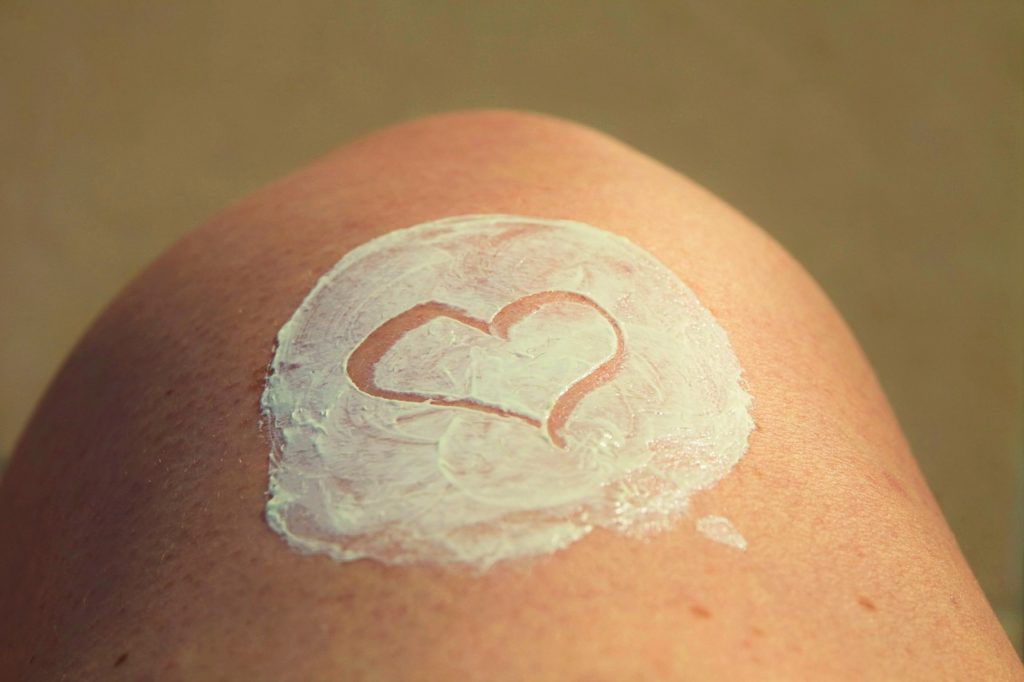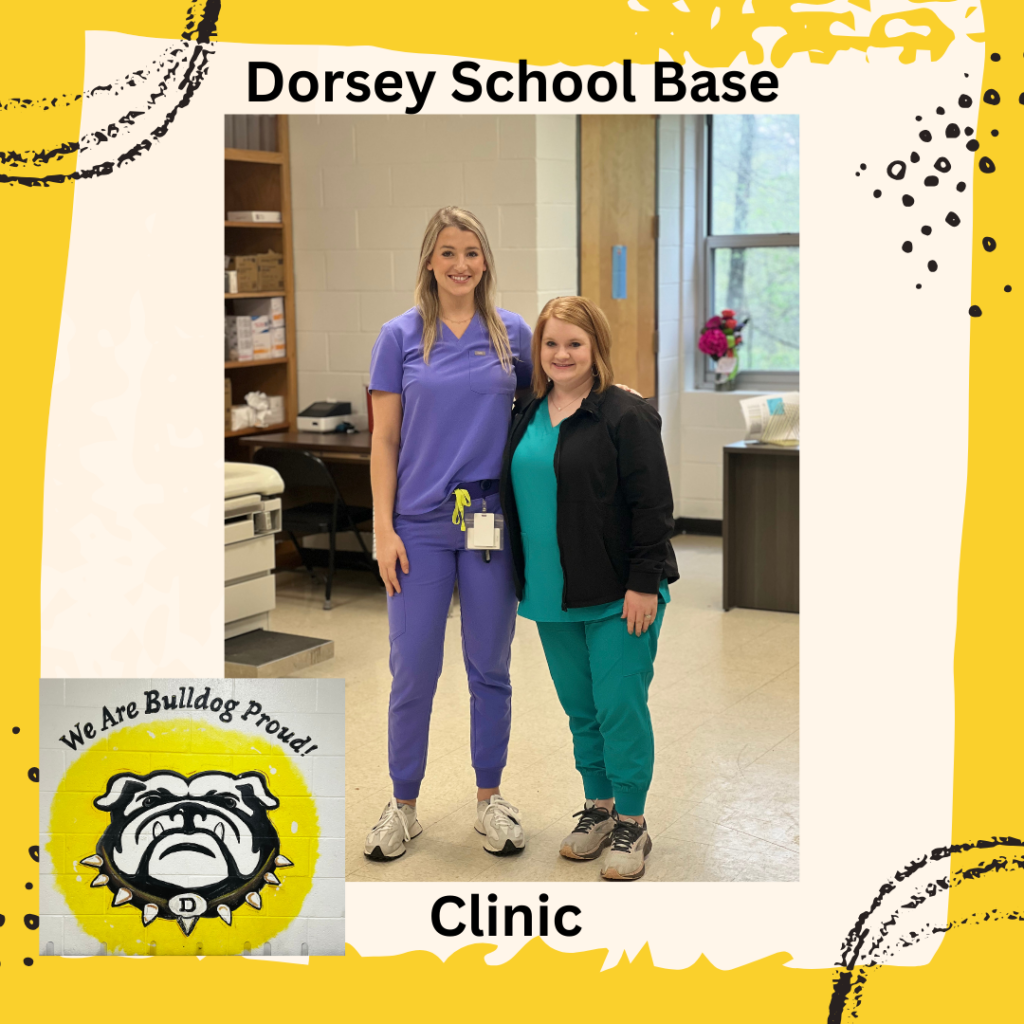
Between cold winter weather and the dryness of indoor heat, our skin takes a beating during the winter season. Dry, itchy skin can be a symptom of nothing more than the weather, or it may need your doctor’s attention. If you, or your child, have red, itchy patches particularly behind the knees or elbows or in the folds of their skin, you’ll need more than a little dab of lotion to cut the itch.
This time of year eczema and psoriasis tend to show up in force. Knowing which type of skin irritation you’re dealing with determines how best to treat it at home or with a doctor’s care.
Eczema
Most eczema cases show up in children as red, very itchy patches of skin on the elbows, knees, hands, feet, lower back, scalp, or face. Sometimes the itching will lead a child to scratch until they bleed. Eczema may show up for the first time in adulthood, but it’s less often seen for the first time in those ages.
First, let us share the good news. Eczema may lessen or disappear as a child moves into adulthood, and some children will experience long periods with no flare-ups. Now for the bad news. No cure for eczema exists, so you’ll have to manage the illness by treating the symptoms.
If possible, start by isolating what may have caused the flare-up. Children with allergies and asthma are more likely to experience eczema especially when they come in contact with something they are allergic to. Removing known allergens is always your first step to treating at home. Detergents and soaps, especially those with perfumes and dyes, may also cause a flare-up.
Not everything that causes eczema can be controlled. Some children who haven’t experienced a flare-up in years will break out as they enter puberty. Those changing hormones cause skin changes as well. Stress, infections, heat, and humidity may also trigger a flare.
Treatment
Start by looking for a moisturizer with an oil or cream base instead of a water base. Also read the ingredient list for alcohol. Not only will lotions with alcohol dry out your skin more, they also burn when applied to raw, irritated skin. Moderate to severe eczema often requires a prescription corticosteroid cream or other prescription treatment. If over-the-counter lotions don’t help in a few days make an appointment to see your doctor.
Psoriasis
The first case of psoriasis often appears between the ages of 15 and 30. Psoriasis often looks similar to eczema with dry, red patches of skin, but the itchiness is considerably less than with eczema.
Cold weather, stress, and infection may trigger psoriasis just like they do eczema. Psoriasis’s other triggers, however, are less environmental. Vaccinations, sunburns, scratches, and certain medications also trigger psoriasis. And it’s often linked to more serious illnesses such as diabetes, depression, and heart disease.
Treatment
Your treatment depends on the severity of your symptoms and the cause of the flare-up. Because of the seriousness of illnesses linked to psoriasis, it’s extremely important for patients to visit with their doctor to discuss treatment.
While eczema and psoriasis initially appear similar, their treatments depend on which one you have. If you’ve noticed red, patchy, itchy skin that doesn’t go away on its own make an appointment with your doctor to discuss your options. You shouldn’t have to suffer through an itchy winter.






Speak Your Mind